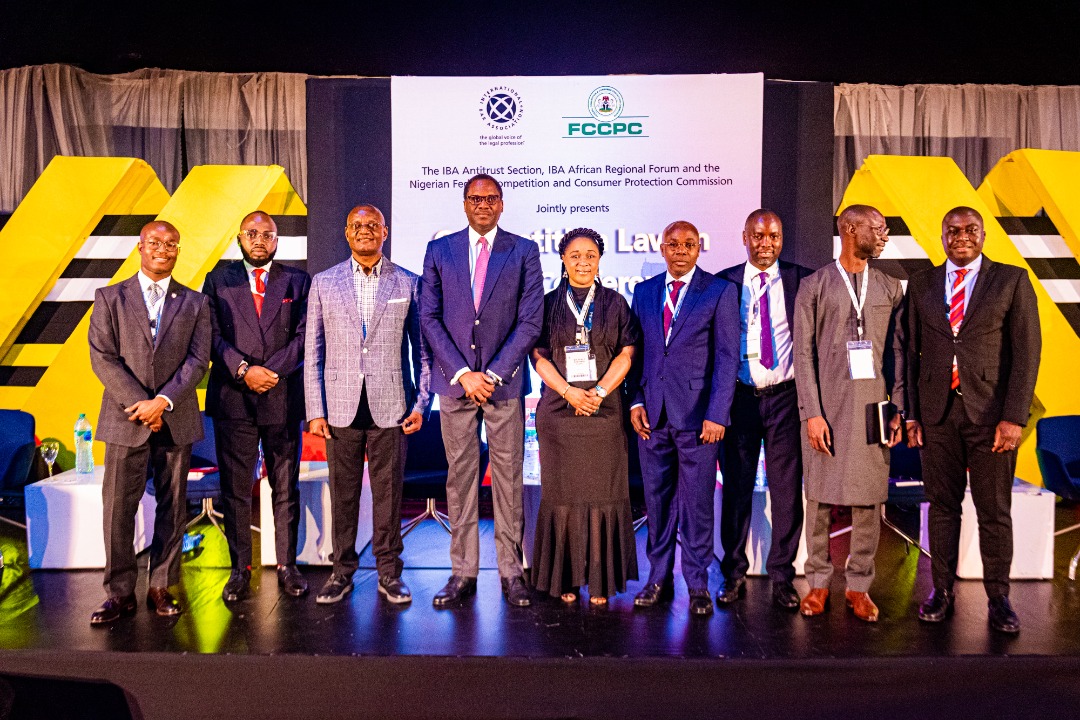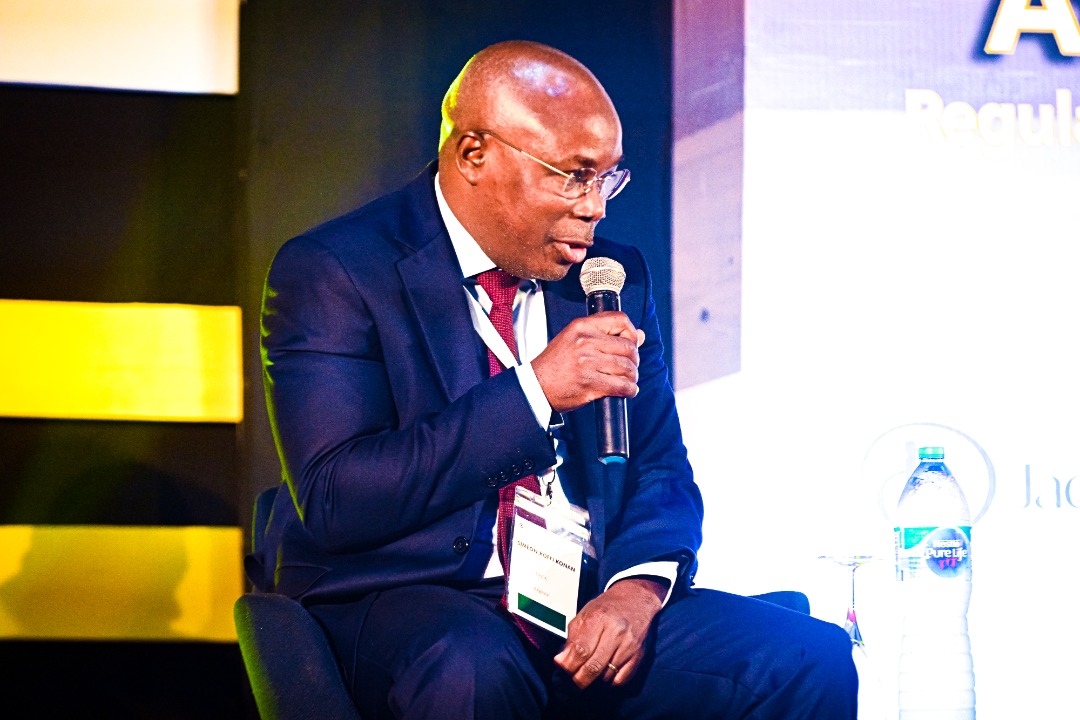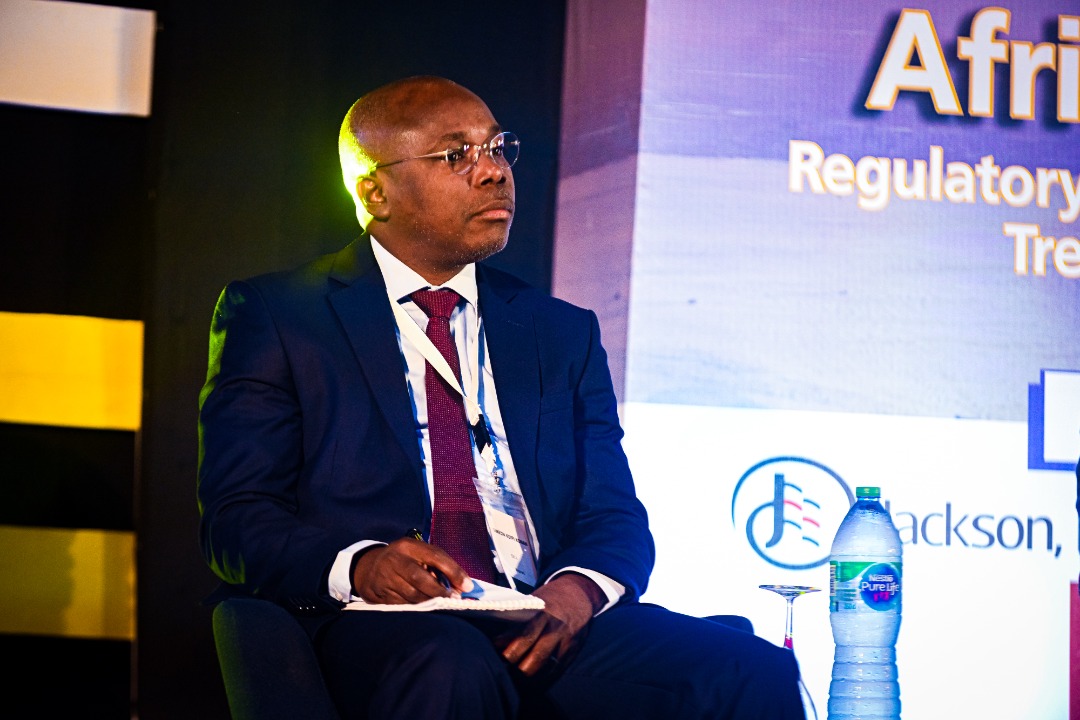The ECOWAS Regional Competition Authority (ERCA) participated in a conference jointly organized by the International Bar Association (IBA) Antitrust Section, the African Regional Forum, and the Nigerian Federal Competition and Consumer Protection Commission (FCCPC) on 24-25 November 2022 in Lagos, Nigeria.
The IBA’s African Competition Law Conference brought together participants from across the world, especially antitrust enforcers, competition regulators, and prominent thought leaders to explore current trends and debate new and emerging issues in competition law in Africa.
Various experts presented the most prominent topics affecting business and Consumers at present with emphasis on the fact that transborder transactions need to better consider antitrust principles. Legal practitioners working with competition law and lawyers involved in cross-border matters attended in number the Conference which also provided an opportunity to meet and network with other Africa-based and Africa-focused legal practitioners as well as competition regulators. Topics discussed during the conference included:
- Fundamentals of competition law;
- Introduction to the basic economic principles underpinning competition law;
- The Nigerian Competition Act;
- The consumer welfare standards;
- Economic evidence in competition law cases;
- The interplay between competition policy and trade law;
- Cartel conduct; bid rigging and cross-border cartels;
- Leniency regimes;
- Merger control;
- Abuse of dominance – price discrimination, buyer power, and excessive pricing;
- Competition in digital markets;
- Extraterritorial and concurrent jurisdiction;
- Due process and transparency in the investigatory process;
- Competition reports in merger notifications;
The Executive Director of ERCA, Dr. Simeon Koffi was invited as a resource person to participate in a panel discussion on the topic “AfCFTA: Impact, Gains & Challenges”. The discussions focused on three issues:
- First, the process through which the AfCFTA Competition Policy Protocol was negotiated, the broad assessment of the document, the practical difficulties faced in negotiating the document, divergent views and interests, and how these were overcome.
- Second, the issues and obstacles that await the implementation of the AfCFTA Competition Protocol. For instance, navigating jurisdictional overlaps, aligning on different public interest considerations, political influences, and operational independence, subjecting multinationals to jurisdiction, the multiplicity and proliferation of agencies on the continent (with, perhaps, different and conflicting interests and goals), resolving conflicting analyses and divergent decisions (particularly in merger control), among other issues.
- Finally, the potential downsides with focus on the associated risks with the Free Trade Area. As evidence shows that the homogenous economic conditions in the European Union have mostly favored dominant players–demonstrated by the increasing levels of industrial concentration–to the detriment of smaller players, in Africa, large conglomerates (with aggregate concentration) and dominant non-African multinationals would be looking to capitalize on the AfCFTA, which could similarly be to the detriment of smaller players.
 English
English  Français
Français  Português
Português 






